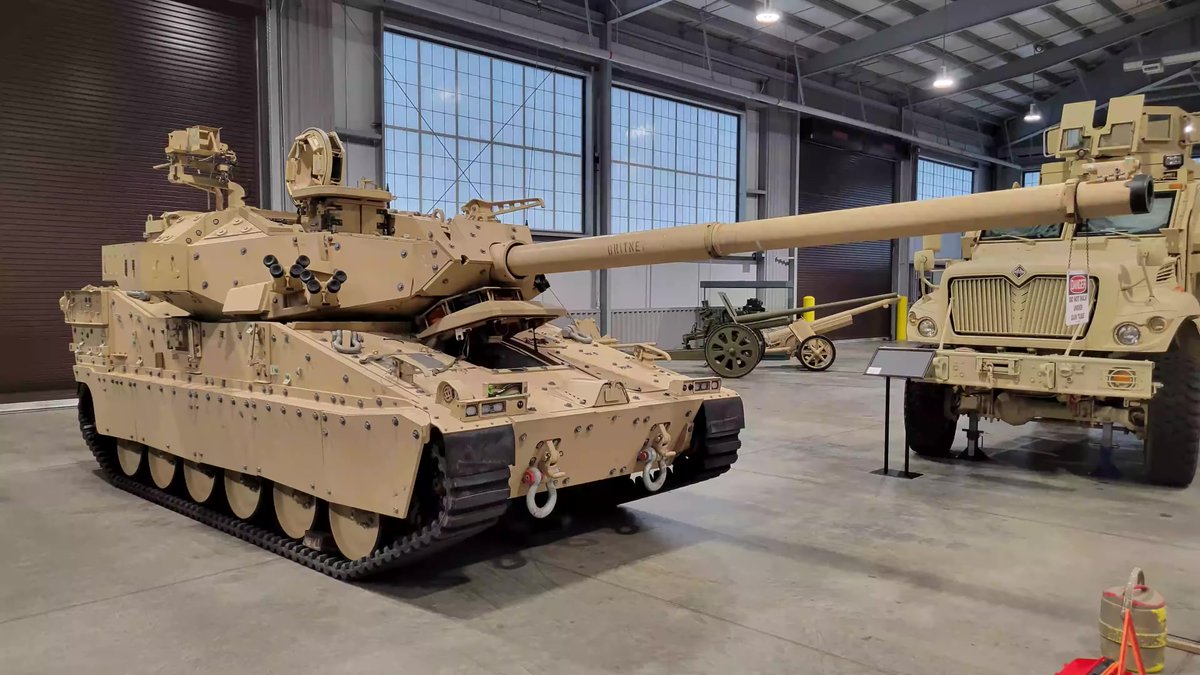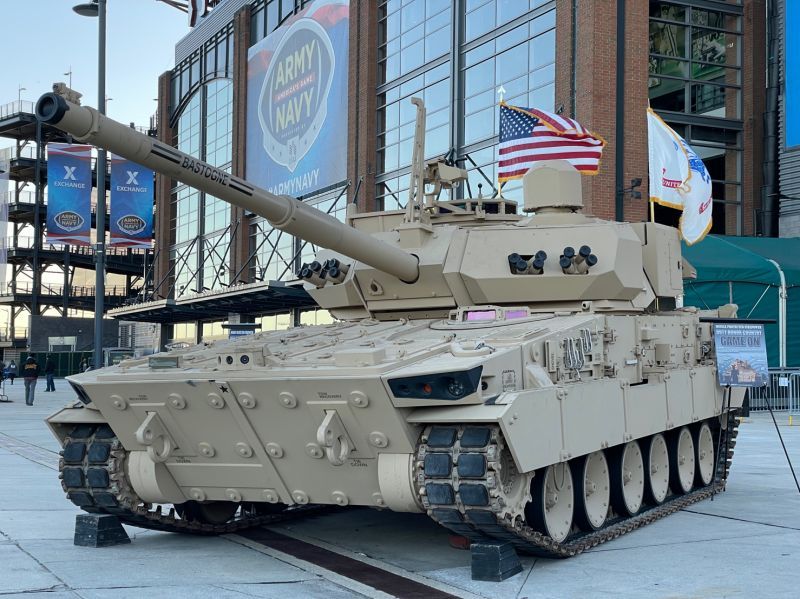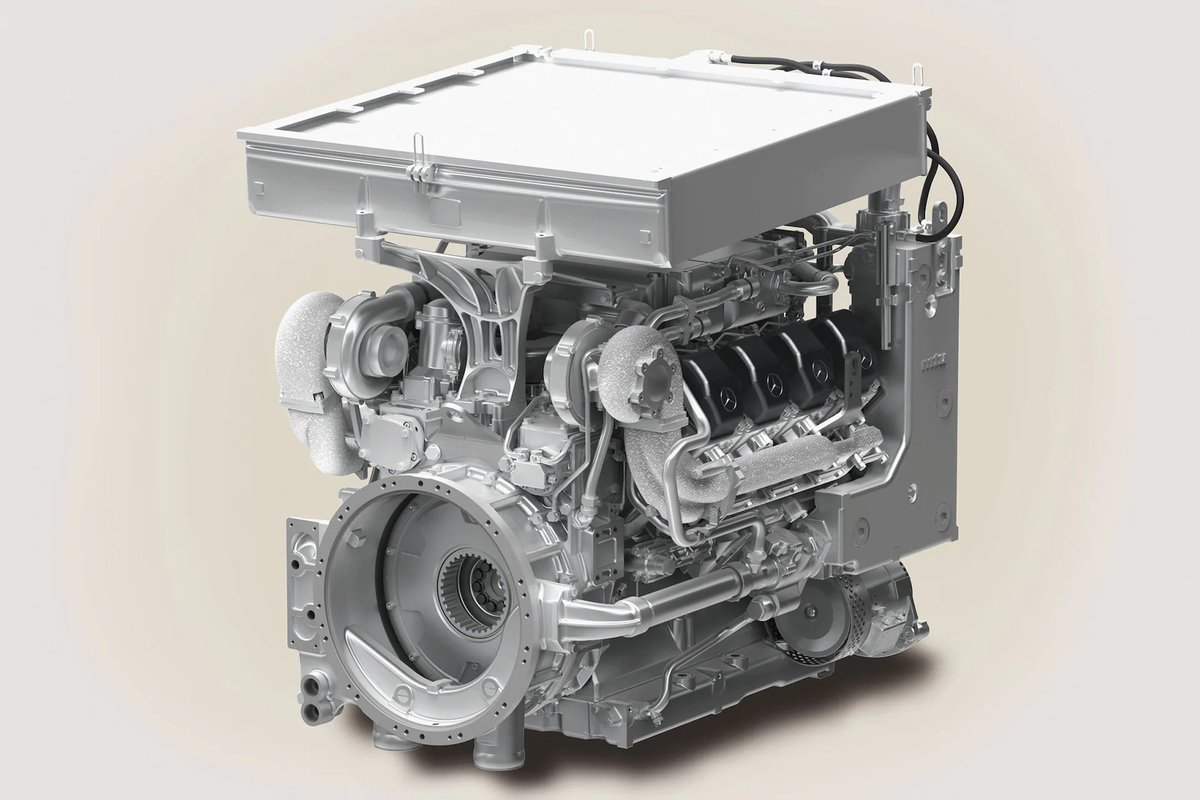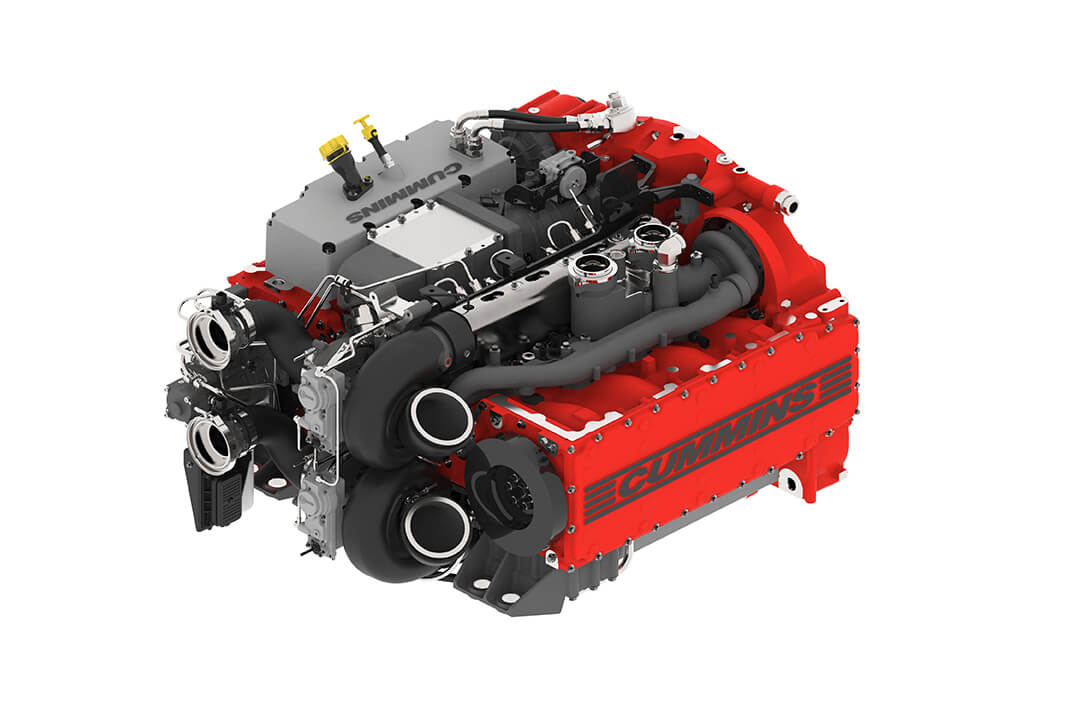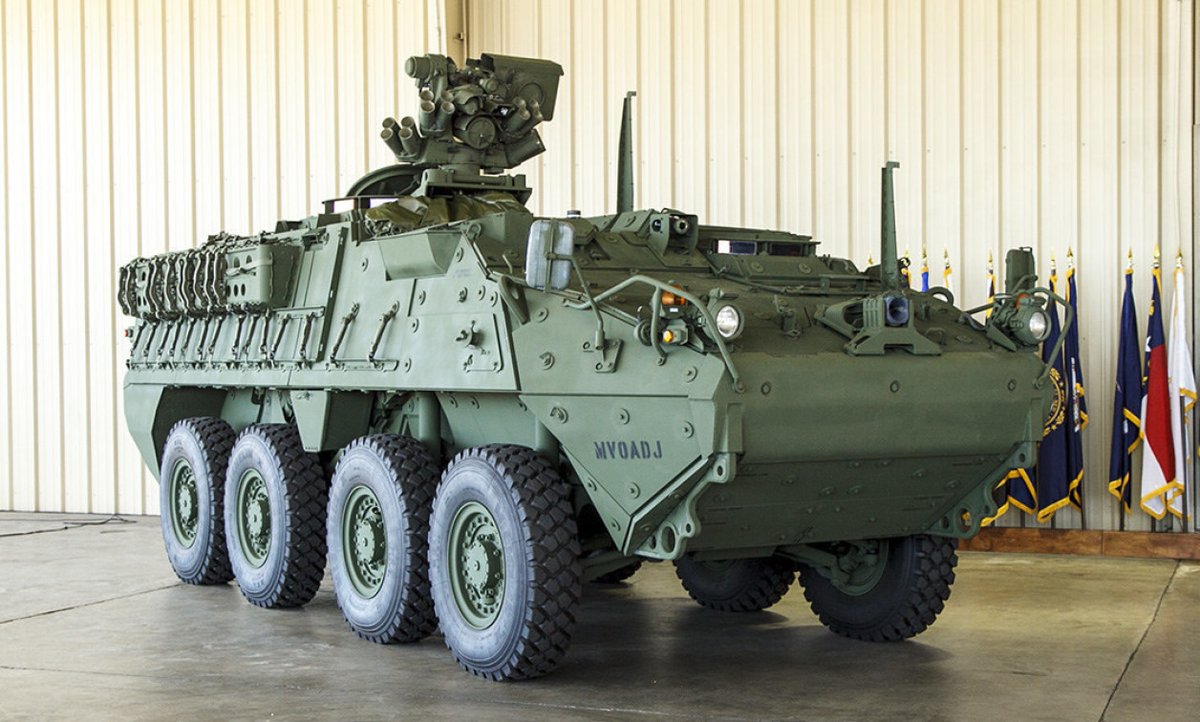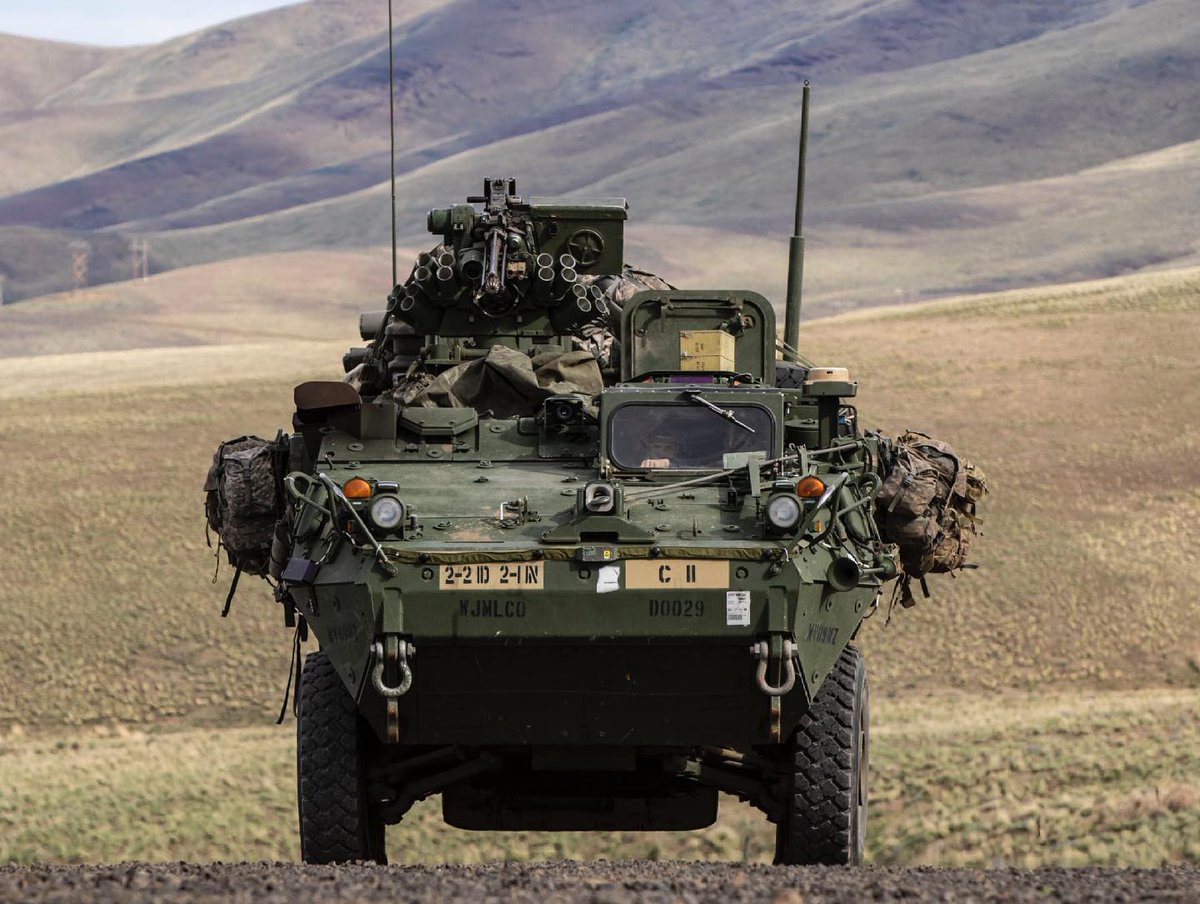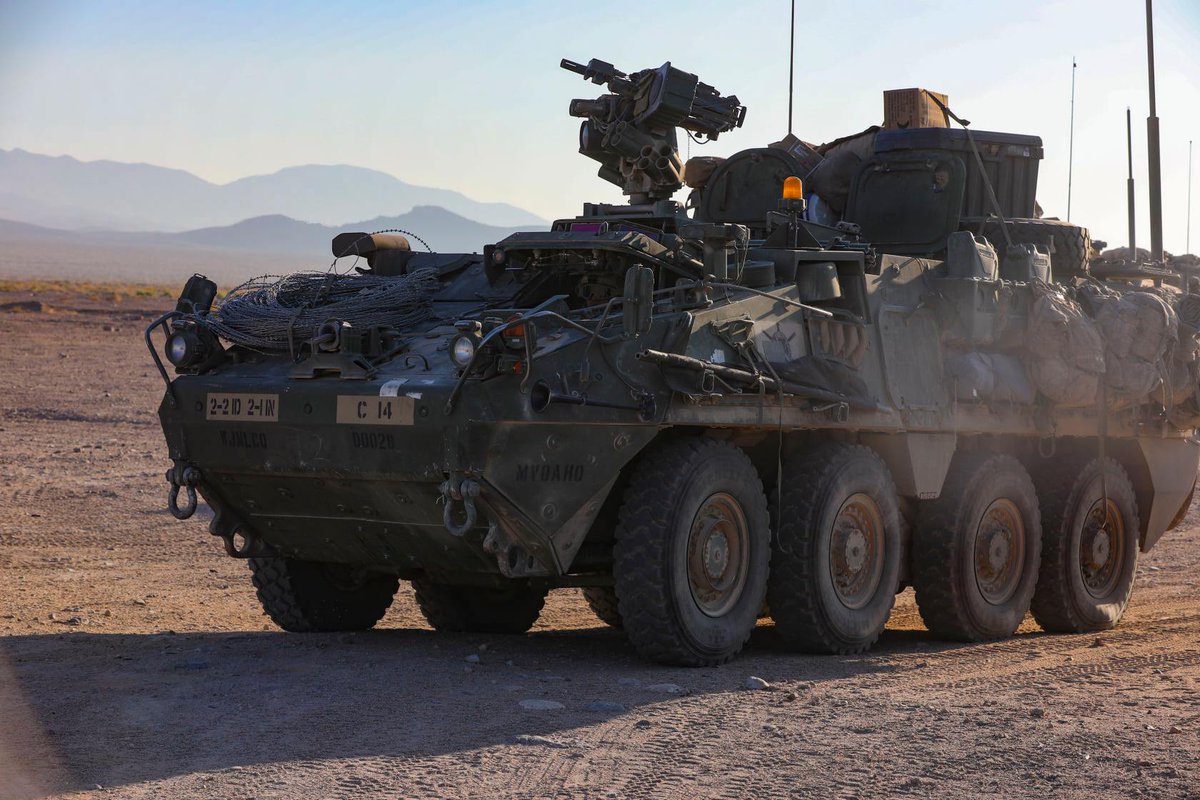In the late 1990s, General Dynamics Land Systems came up with an interesting concept named the Abrams Lightweight Variant Tank, which provided an air transportable MBT at significant weight reduction. For simplicity purposes, the concept tank will be referred to below as ALVT. 

The primary design goal of ALVT is to reduce the vehicle ship weight to a target of 39 tons (35 tonnes), consistent with the C-17 cargo aircraft lift requirements (two units on a C-17). While at the same time it is desired to maintain the high survivability and lethality. 



The Abrams Lightweight Variant Tank weights 51.15 tons (46.4 tonnes) in combat configuration, and 46.24 tons (41.9 tonnes) in curb/dry weight. The vehicle can be further reduced to 39.33 tons (35.6 tonnes) through the modular design and shipped separated systems. 



The hull length of ALVT is reduced 28.65-inch by removing the No.7 road wheel station and torsion bar suspension. The torsion bar suspension system has been replaced by a hydropneumatic suspension system with titanium housings, suppoert rollers, roadwheels and idlers. 
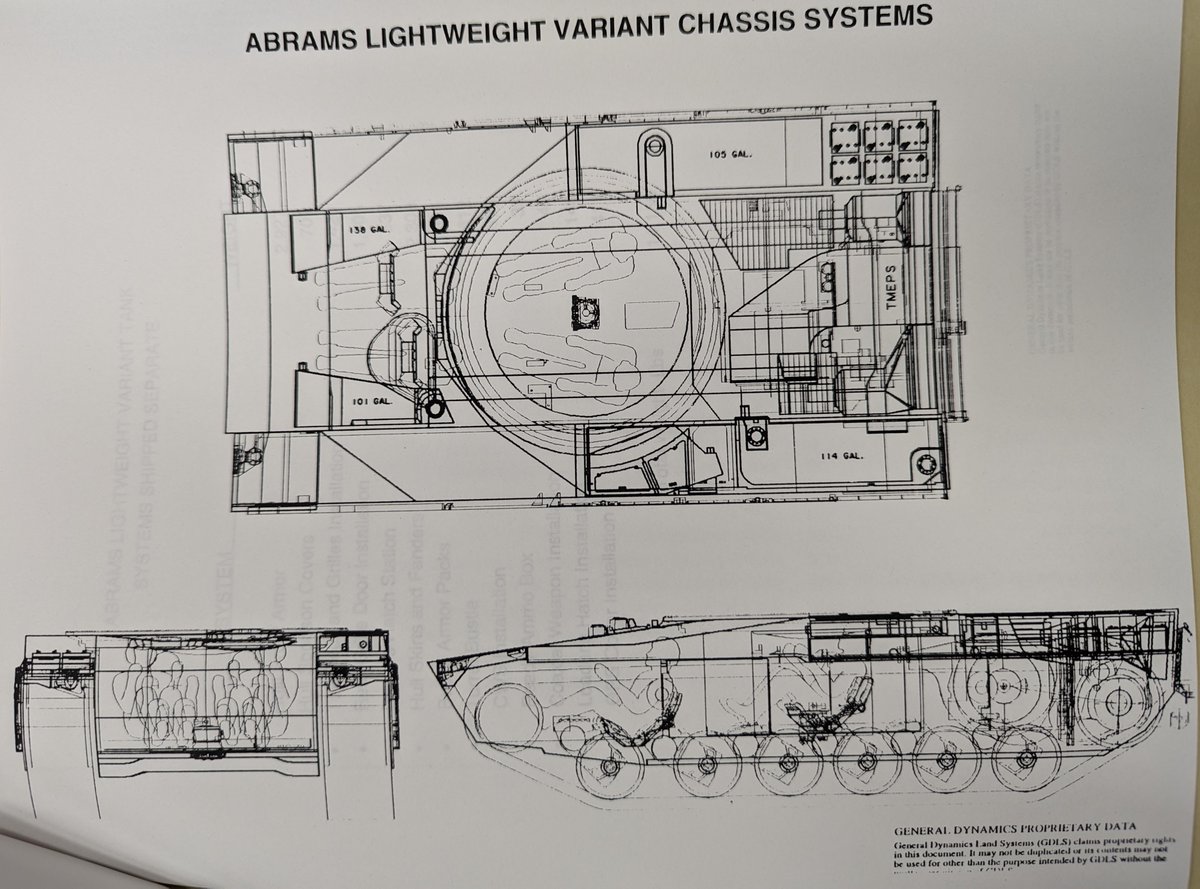
To archive further weight reduction, ALVT makes heavy use of titanium in many subcomponents such as hull rear top deck, inlet grilles, sponson covers, NBC systems cover, crew hatches and skirts. 



The ALVT retains the crew of four, but the layout has undergone major adjustments. The driver is seated at the front of the hull in the left and has a hatch cover that opens to the left. The co-driver sits on the right side but has not a hatch cover. 

The innovative design of the turret places the crew of two consisting of the gunner and commander below the turret ring and the reduction of turret armor pack volume leads to a reduced profile. 

The redesigned turret for weight reduction includes the 120mm M256 cannon and a coax MG. The main weapon has the same elevation range as M1A2, but the higher +65° is possible if the gun recoil mechanism is redesigned. 

The fire control systems is the same as the M1A2. The Commander's Independent Thermal Viewer (CITV) is located to the front left of the turret, and the Gunner's Primary Sight (GPS) is located on the right side. 

The Western Design compact autoloader has been integrated into the turret. A 34-round powered magazine is located in the turret bustle. The bustle is removable for separate shipping capability. The ammo compartment wall stays with the turret when the bustle is removed. 



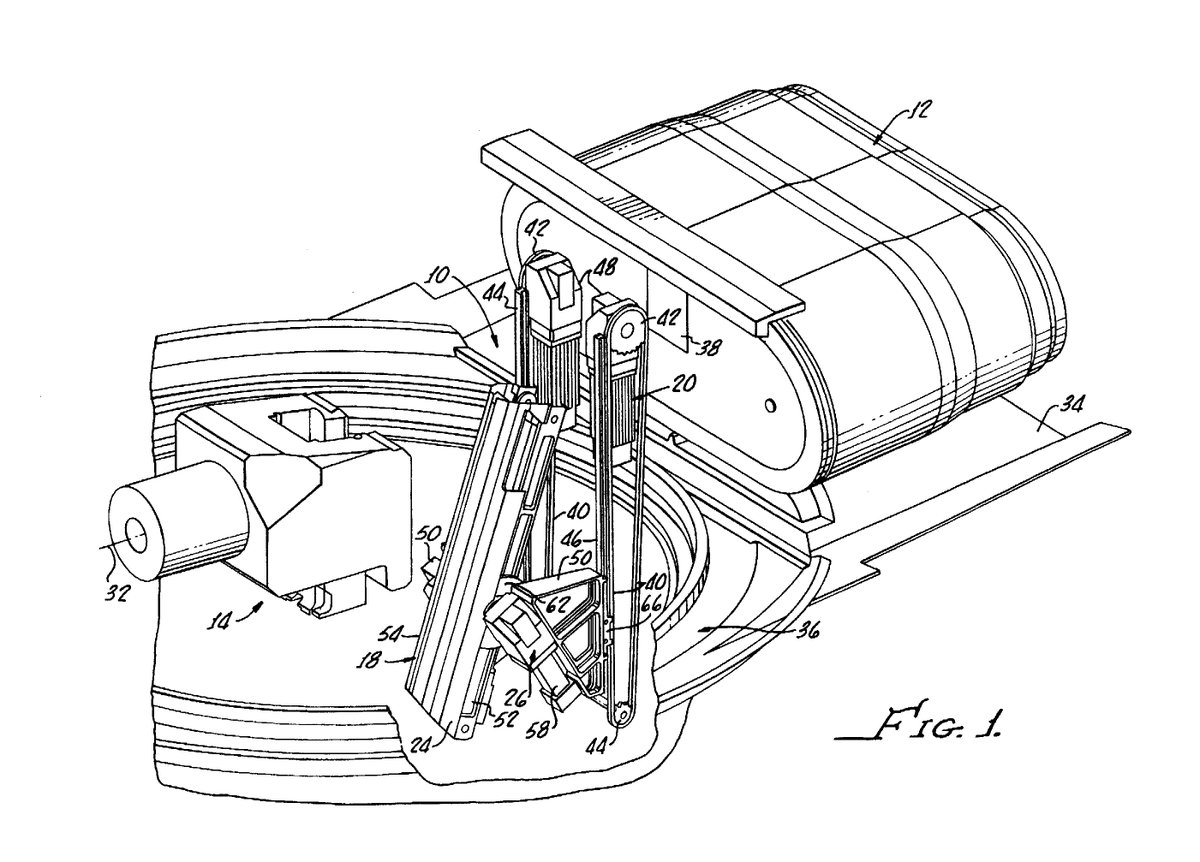

The hull front two fuel tanks have been reduced in size due to the crew stations in the hull. The ALVT has two additional larger fuel tanks, one in left rear sponson, and the other in the right rear sponson. 

The total fuel capacity of the four fuel tanks is 458 gallons (1733 liters). This provides a operational range capability of 300 miles (482 km).
The ALVT has the redesigned powerpack. A Transverse Mounted Engine Powerpack (TMEP) consisting of the 1,500 hp AVCO AGT-1500A turbine engine, matched with the Allison XT1100 transvers 7-speed transmission. 





The ALVT benefiting from low silhouette and smaller size possesses the similar survivability as the M1A2. The hull provides the same ballistic protection level as the M1A2. The turret protection is only designed to defeat 30mm APDS since there is no crew above the turret ring. 

In terms of design purpose, Abrams Lt is quite similar to the current MPF. But the ALVT has higher lethality, better survivability and superior mobility. In my opinion, the ALVT is a better substitute for the MPF that is more suitable for the current Army.
https://twitter.com/ronkainen7k15/status/1651202904928440320
• • •
Missing some Tweet in this thread? You can try to
force a refresh

 Read on Twitter
Read on Twitter







